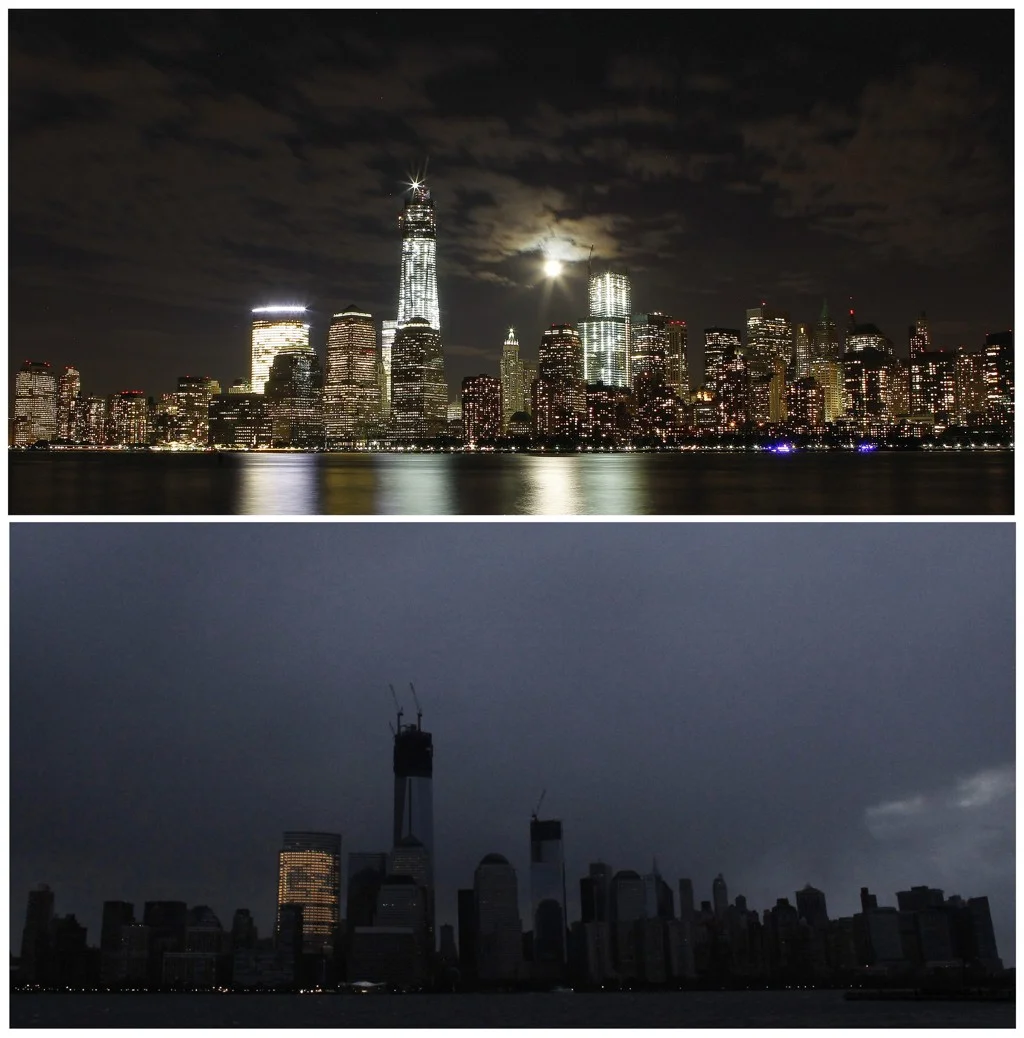I recently watched an early screening of Steven Spielberg’s new film, Lincoln. If I’m emotionally invested in a movie, I try to see it as soon as possible to avoid spoilers and having my opinion shaped by others. In psychology-speak, I try to bring a beginner’s mind to the films I want to see.
I was particularly excited for this movie because of Daniel Day-Lewis. His 2007 portrayal of an oil baron in There Will Be Blood continues to haunt me and is why the film is my favorite of the last decade. Day-Lewis didn’t disappoint in Lincoln – his Abraham Lincoln felt like a real man (tender, flawed, and exhausted) as opposed to the previous glorified versions I’ve seen. Along with a superb cast and a surprisingly intimate score from John Williams, the film brings to life the core lessons of Team of Rivals – namely, Lincoln succeeded in ending a civil war due to political prudence, consensus building (by preventing groupthink in his Cabinet), and fortitude. I loved the relevance to our modern politics via a deeply divided Congress and a spotlight on ugly legislative “sausage making”.
The only real issue I had with the film was the ending. Without giving anything away, it felt contrived. There was too much dénouement, too much sentimentality, too little uncertainty. Spielberg made it very clear how I should feel about the legacy of Lincoln. I'd rather mull things over in my head and draw my own conclusions.
I’ve been frustrated with many Spielberg endings, both with historical dramas (e.g. Schindler’s List, Saving Private Ryan) and science fiction (e.g. Minority Report, A.I.). Spielberg is just too afraid to leave the audience with a sense of doubt about the destiny of his protagonists. After Lincoln, I wanted to see if there was anything to this pattern of endings. I watched a recent 60 Minutes interview with Spielberg and within 30 seconds, I had my answer.
Leslie Stahl: “You’re a nervous wreck?”
Steven Spielberg: “Yeah, it’s true.”
Leslie Stahl: “Is it a fear?”
Steven Spielberg: “It’s not really fear…it’s just much more of a…anticipation of the unknown. The unknown could be food poisoning. It’s just kinda a level of anxiety about not being able to write my life as well as I can write my movies.”
Spielberg’s anxiety results from a childhood history of not fitting in and being bullied. While it's cathartic for him to make films, his fears pervade the narrative of his stories. Little is left to chance and I assume this is the way Spielberg would want it if he could direct the events of his own life.
Anxiety, whether mild, moderate, or severe, is a fear of uncertainty. There is always a chance things will not go our way, but anxiety makes us feel as if we cannot tolerate that risk. Anxiety about spoilers is what drew me to seeing Lincoln a week before its release (something anxiety specialists call a “safety behavior”) and it led Spielberg to create an overally sentimental ending for this film. I still don't like the ending, but understanding why it occurred the way it did gave me an appreciation for the role anxiety plays in both Spielberg's and my life.














